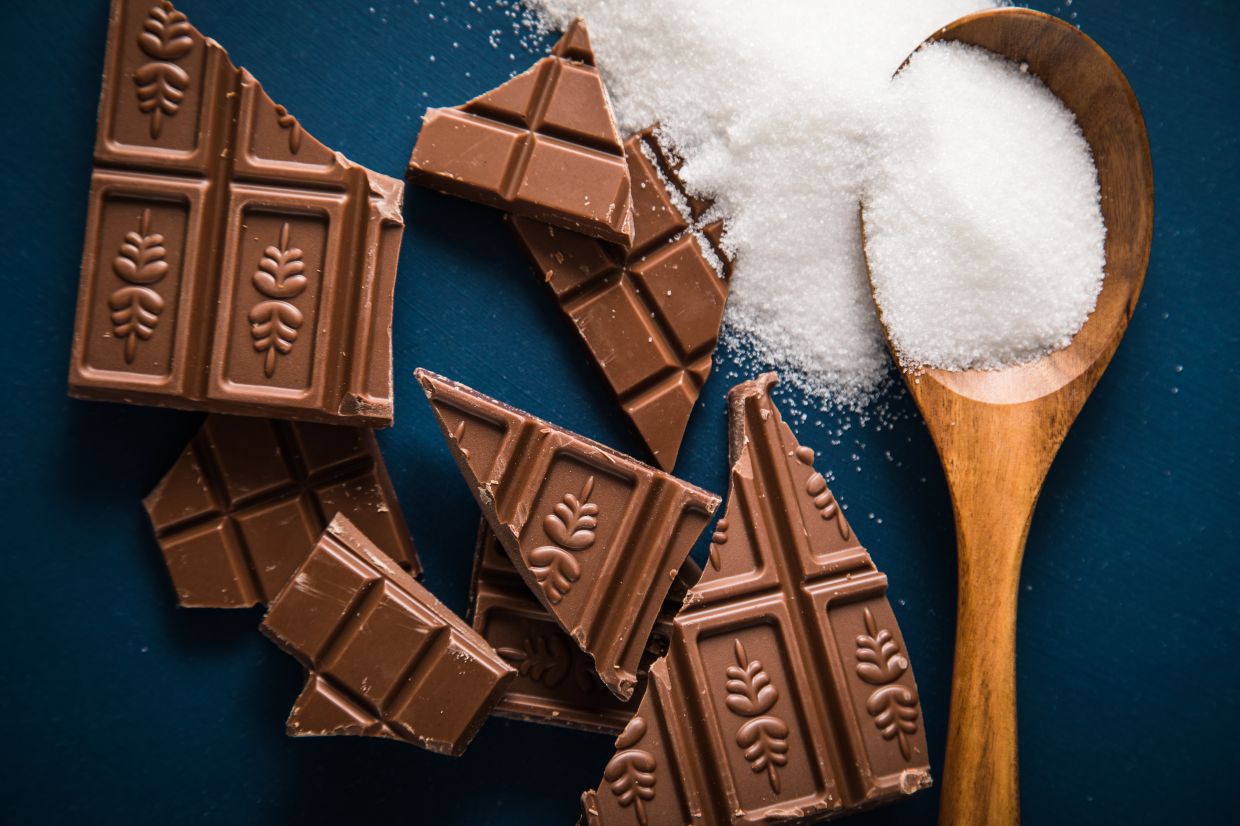Most of the world's cocoa is grown in west Africa, with Ghana and Ivory Coast the two leading supplier nations. However, production has not matched market demand for the past three years. — dpa
COCOA bean prices have doubled since the start of the year, raising the prospect of dramatically pricier chocolate during two of the world’s biggest sweet-filled religious festivities, Easter and Eid.
Mondelez, which lists Cadbury and Toblerone among its brands, said in a recent earnings call that it would have to raise prices of its chocolates due to cocoa inflation. CoBank, a United States-based co-op lender to agribusinesses, warned in a report that “additional price hikes for chocolate confections throughout the year are likely.”
Prices on the cocoa futures market had topped US$5,000 (RM23,697) a tonne by early February, the highest since 1977, before some contracts last week hit the highest on record when soaring above US$8,400 (RM39,811), taking prices to triple what they were a decade ago.
Most of the world’s cocoa is grown in west Africa, with Ghana and Ivory Coast the two leading supplier nations. However, production has not matched market demand for the past three years, forcing prices up even before recent storms, crop diseases and factory closures further disrupted harvests and the bean processors.
The International Cocoa Organisation (ICCO) said on Feb 29 that the global supply deficit could grow to 374,000 tonnes in 2023-24, up from an already-high 74,000 tonnes in 2022-23.
“Significant declines in production are expected from the top producing countries as they are envisaged to feel the detrimental effect of unfavourable weather conditions and diseases,” the ICCO said, with supply expected to fall by 11% this year even as demand increases by 5%.
Adding further upward pressure to the price of a bar of chocolate, sugar is also more expensive, with the Food and Agriculture Organisation’s February global price index showing a 12.5% year-on-year increase, in part due to falling production in Thailand and restrictions on exports by India. – dpa



